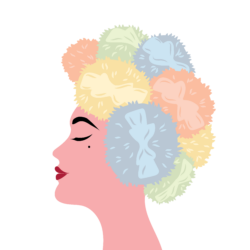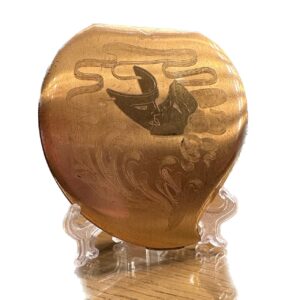In the realm of philosophy, Leo Gura of Actualized dives deep into solipsism—the idea that every person we meet is actually ourselves, hiding behind different masks and personas. It’s a mind-bending concept: that the people we interact with are reflections of us, embodying different expressions, but ultimately connected to the same source—our own consciousness.
Now, let’s tie this idea into the world of makeup. Makeup is often criticized as a mask—something people hide behind to present a polished, perfected version of themselves to the world. But what if this “mask” of makeup is not the problem? What if, instead, the real hiding happens without it?
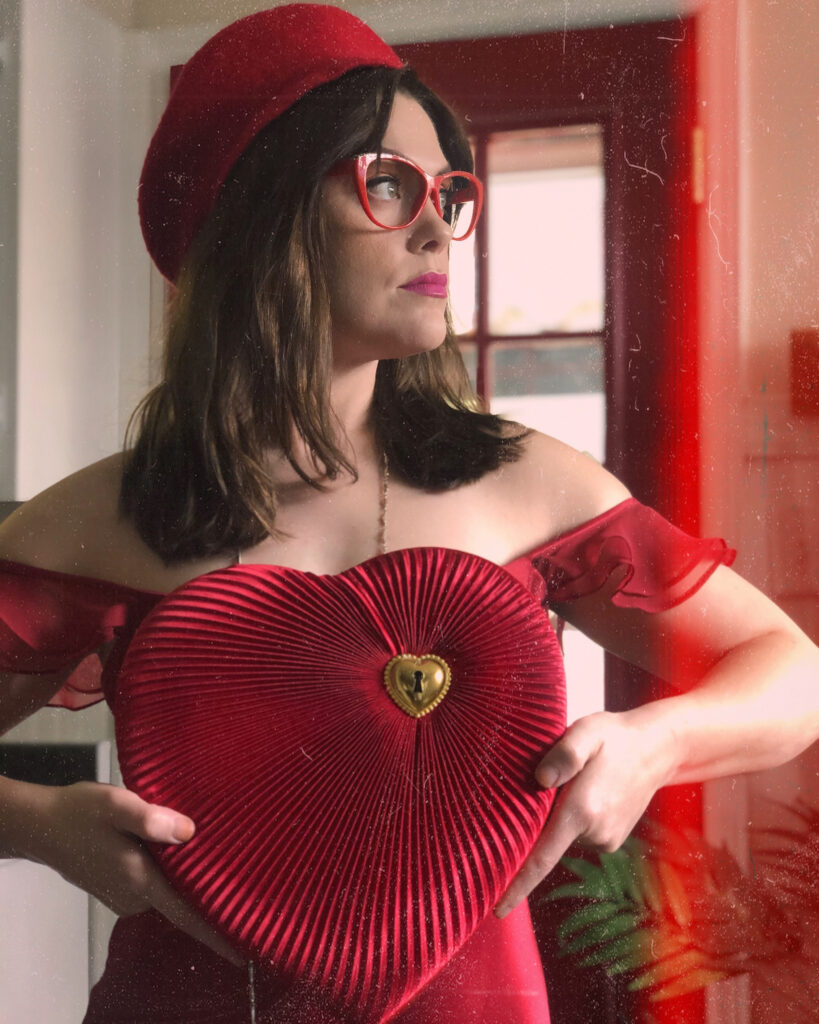
The truth is, people can hide behind their bare face just as easily as they can behind makeup. We often associate makeup with superficiality or covering up flaws, but in reality, it’s just another tool for expression—just like clothing, hairstyles, or even the personas we adopt when interacting with others. Without makeup, we might be concealing different insecurities, hiding our uniqueness in an attempt to blend in or appear “natural” because society tells us that’s where true beauty lies.
Solipsism suggests that we are all wearing masks—whether that mask is makeup, personality traits, or social roles. But the fascinating twist is, according to this theory, all those masks are just different versions of ourselves. We are constantly hiding and revealing parts of who we are, whether we do it with makeup or without.
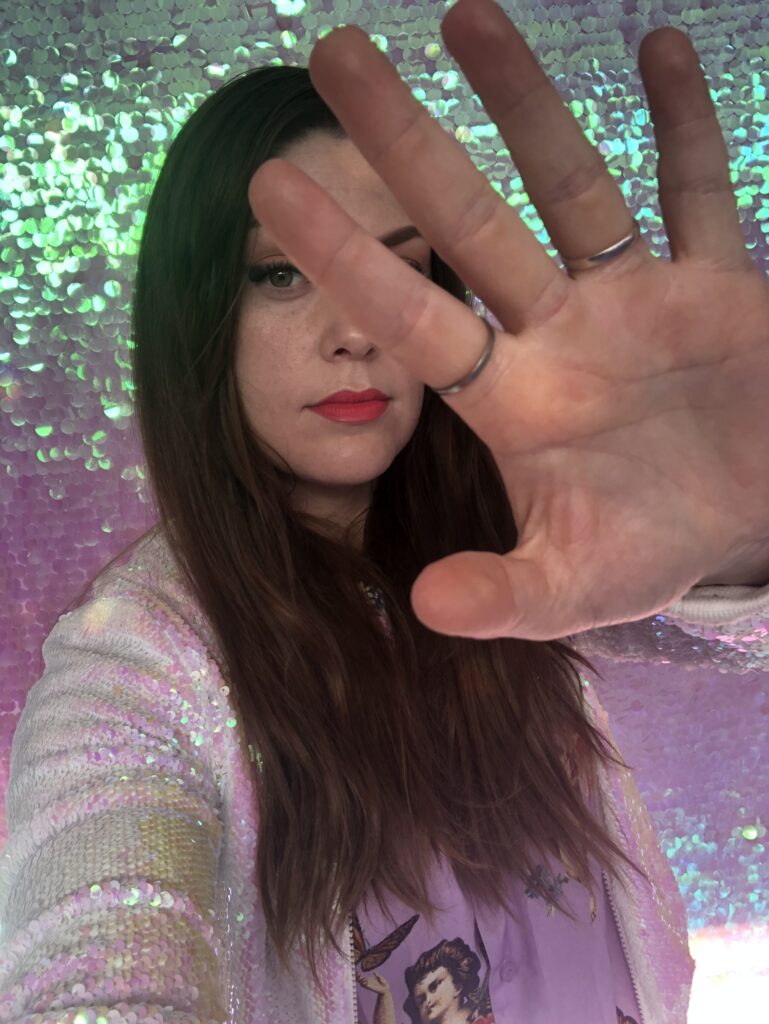
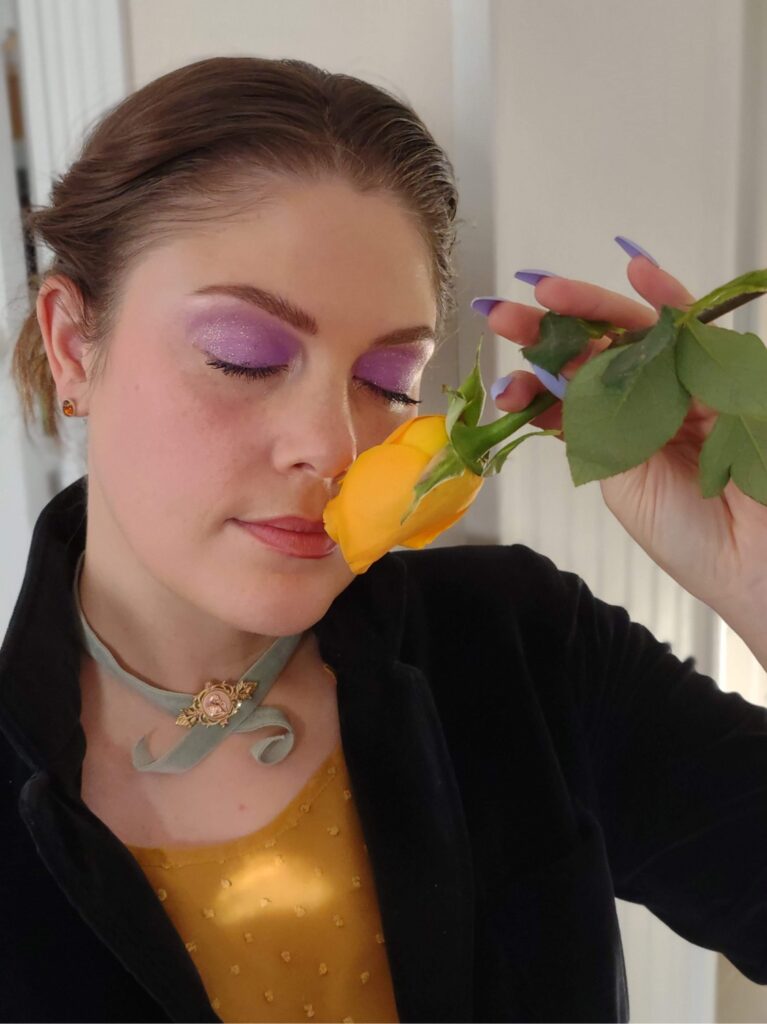
Makeup, then, is not necessarily a tool for hiding. It can also be a tool for revealing. It allows us to express facets of our identity that we might not feel comfortable showing otherwise. It can enhance, highlight, or even create new aspects of ourselves, letting us explore who we are on deeper levels. In this way, makeup becomes less of a mask and more of a mirror—reflecting who we are or want to be at that moment.
If every person we meet is just another version of ourselves, what does it say about how we judge others—especially on the basis of their appearance? The truth is, we hide behind both makeup and bare skin, but the real challenge is learning to embrace the masks we choose to wear, knowing they are part of the larger picture of who we are.
So, next time you apply makeup, think about it: Are you truly hiding, or are you simply expressing a different part of yourself? After all, in a world where everyone is just a reflection of you, what mask are you choosing today? And what mask do you see in others?
